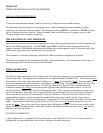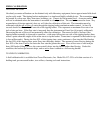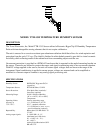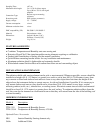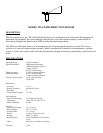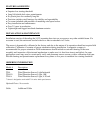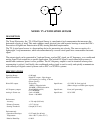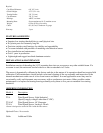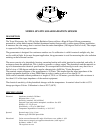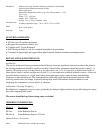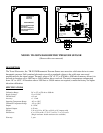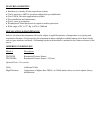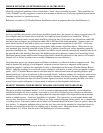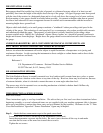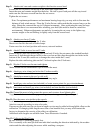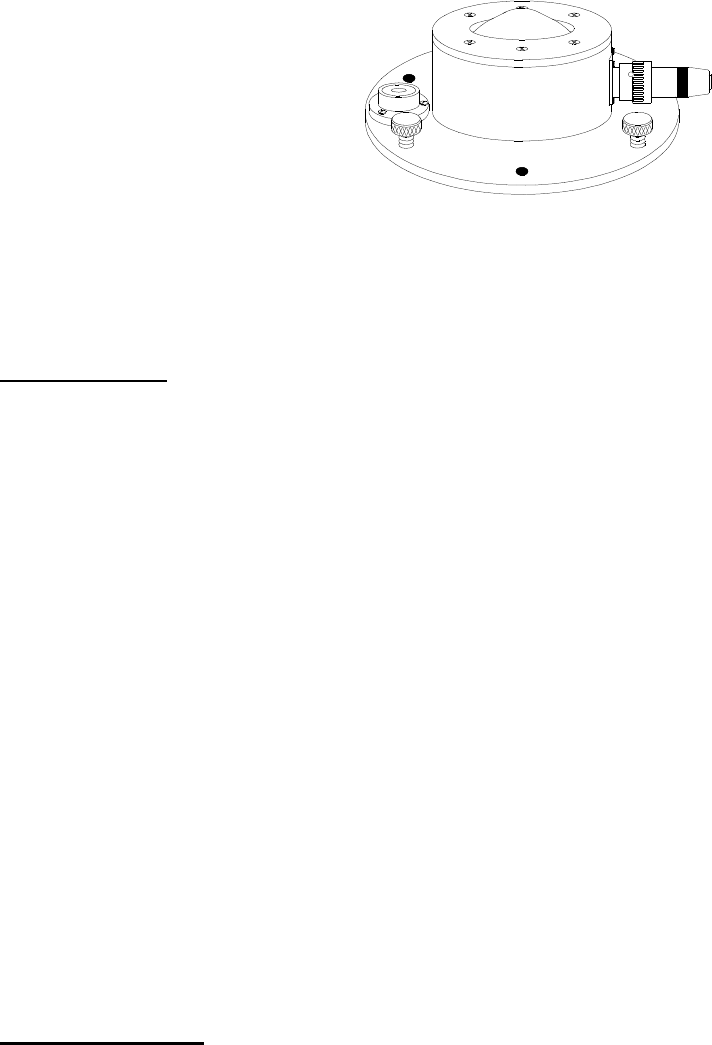
MODEL SP-LITE SOLAR RADIATION SENSOR
DESCRIPTION
The Texas Electronics, Inc. SP-Lite Solar Radiation Sensor utilizes a Kipp & Zonen Silicon pyranometer
mounted in a white baked-enamel finished aluminum bracket that provides a stable upward-facing installation.
It measures the solar energy that is received from the entire hemisphere (180 degrees field of view). The output
is expressed in Watts per square meter.
The pyranometer is designed for continuous outdoor use. Its calibration is valid for natural sunlight only, but
not for artificial light. In its most frequent application, the pyranometer is used for measuring the solar radiation
emitting on the horizontal surface.
The sensor consists of a photodiode; housing, mounting bracket with cable junction box attached, and cable. A
resistance shunts the photodiode. This is done to generate a voltage output. The photodiode and the material on
top of it determine most electrical specifications. It is encapsulated in the housing in such a way that it has a
field of view of 180 degrees and that its angular characteristics fulfill the "Cosine Response".
The nominal output resistance of the pyranometer is 50 Watts. This implies that the input impedance of the
readout equipment should be at least 5000 Ohms in order to make an error of less than 0.1%.
Cable can be extended without problems to a length of 328 ft. or 100 meters, provided that cable resistance is
less than 0.1% of the input impedance of the readout equipment.
The electrical sensitivity of the photodiode changes with the temperature. A nominal value for this is 0.2%
change per degree Celsius. Calibration is done at 20°C (68°F).
SPECIFICATIONS
Electrical: Impedance (nominal): 50 Ohms
Response time: < 1 sec.
Sensitivity (nominal): 100 uV/W/m2
Expected signal range under atmospheric conditions: 0 to 0.2V
Stability: <+/- 2% per year
Non
-linearity: < 1% up to 1000 W/m2
Temperature dependence of sensitivity: +/- 0.15%/°C
Spectral: Spectral range: 0.4 to 1.1 nm
Detector type: SILICON photo diode
Directional: Cosine corrected between 80° angle of incidence, error: within +/- 10%
Cosine errors averaged over opposite azimuth error (at 60° angle of
incidence): within +/- 10%
Tilt response: no error



